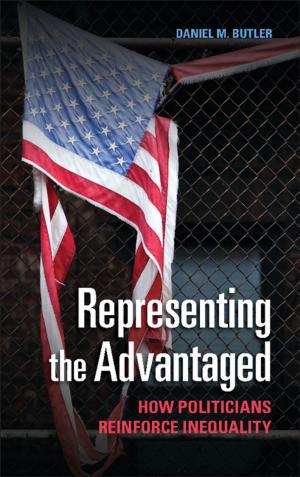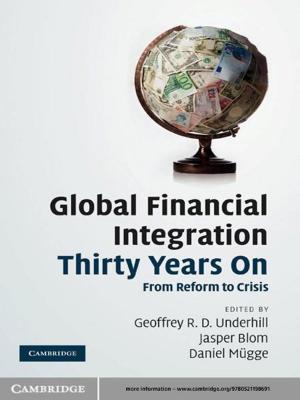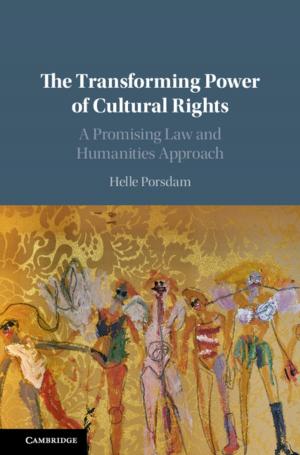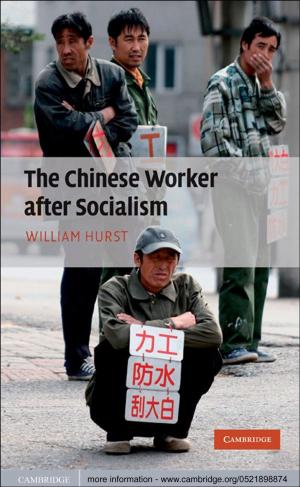Direct Democracy and the Courts
Nonfiction, Reference & Language, Law, Social & Cultural Studies, Political Science, Government| Author: | Kenneth P. Miller | ISBN: | 9780511699924 |
| Publisher: | Cambridge University Press | Publication: | August 31, 2009 |
| Imprint: | Cambridge University Press | Language: | English |
| Author: | Kenneth P. Miller |
| ISBN: | 9780511699924 |
| Publisher: | Cambridge University Press |
| Publication: | August 31, 2009 |
| Imprint: | Cambridge University Press |
| Language: | English |
Who should have the last word on fundamental policy issues? This book analyzes the rise of two contenders - the people, through direct democracy, and the courts. Now available in nearly half the states, direct democracy has surged in recent decades. Through ballot measures, voters have slashed taxes, mandated government spending, imposed term limits on elected officials, enacted campaign finance reform, barred affirmative action, banned same-sex marriage, and adopted many other controversial laws. In several states, citizens now bypass legislatures to make the most important policy decisions. However, the 'people's rule' is not absolute. This book demonstrates that courts have used an expanding power of judicial review to invalidate citizen-enacted laws at remarkably high rates. The resulting conflict between the people and the courts threatens to produce a popular backlash against judges and raises profound questions about the proper scope of popular sovereignty and judicial power in a constitutional system.
Who should have the last word on fundamental policy issues? This book analyzes the rise of two contenders - the people, through direct democracy, and the courts. Now available in nearly half the states, direct democracy has surged in recent decades. Through ballot measures, voters have slashed taxes, mandated government spending, imposed term limits on elected officials, enacted campaign finance reform, barred affirmative action, banned same-sex marriage, and adopted many other controversial laws. In several states, citizens now bypass legislatures to make the most important policy decisions. However, the 'people's rule' is not absolute. This book demonstrates that courts have used an expanding power of judicial review to invalidate citizen-enacted laws at remarkably high rates. The resulting conflict between the people and the courts threatens to produce a popular backlash against judges and raises profound questions about the proper scope of popular sovereignty and judicial power in a constitutional system.















